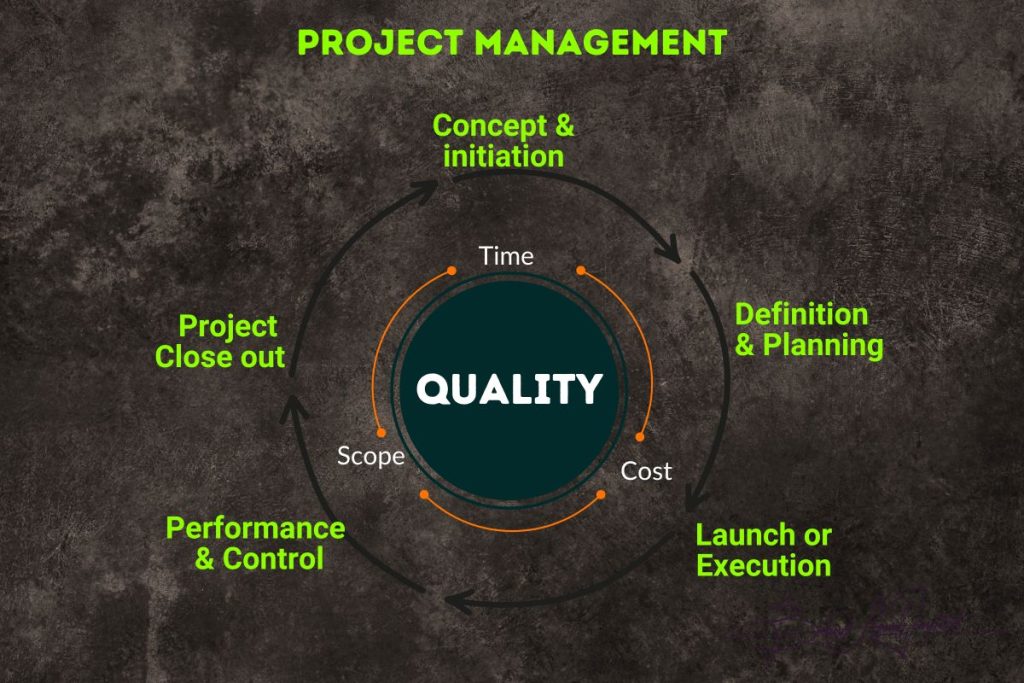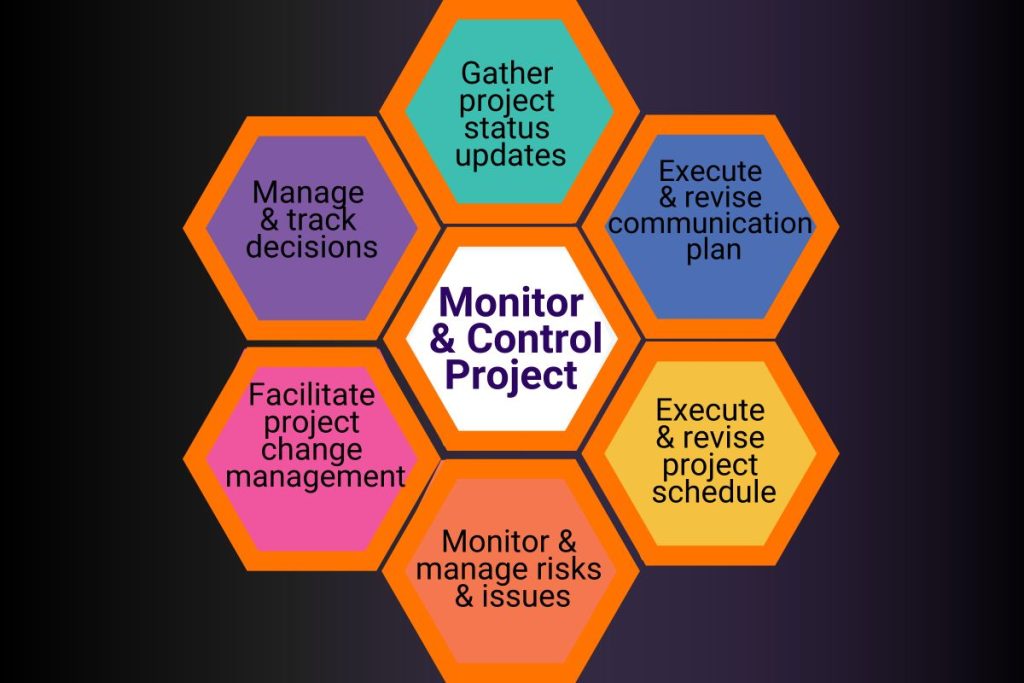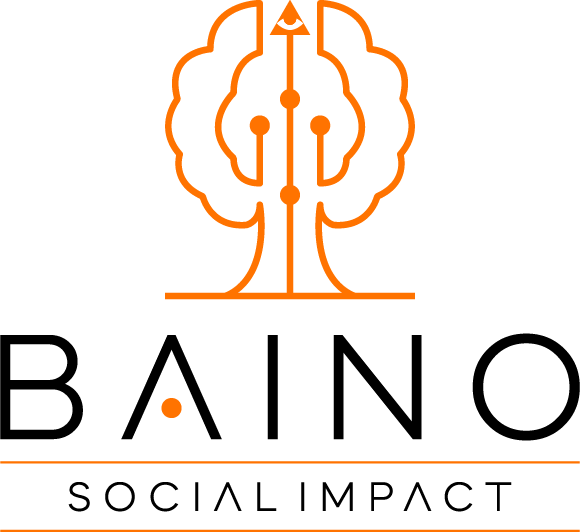Every project is an opportunity to learn, solve problems, invent, and get closer to the vision.
For the Busoga region to achieve its vision of becoming one of the most respected literate societies in the world, there is no single factor holding all the answers to the current major challenges.
A collaborative relationship between numerous projects, adequately designed and performed interdependently, will eventually lead the region to achieve this goal.
No matter how big or small, a project is an opportunity to implement change, solve a complex problem, and achieve the desired result by implementing a systematic project management approach.

For visions to be realised, projects that act as steps must be undertaken in order to reduce the likelihood of failure.
Projects are progressive attempts to produce a tangible or intangible desired result in a series of interrelated tasks planned for execution over a fixed period and within specific requirements and limitations, such as cost, quality, functionality, scope, schedule, people, and resources. A project’s phases include initiation, planning, execution, monitoring and controlling, and closing.
Each project’s ongoing deliverables should address a specific challenge to achieving the defined vision.

With the progress of a project, continuous investigation and improvement become available. These steps enable the creation of increasingly precise and comprehensive plans – progressive elaboration.
It’s a process whereby broad and long-term objectives can be decomposed into sub-projects and programs. It’s when a dependable structure is fully defined in a sequence of activity-based hierarchies like programs, tasks, work packages, and work units.
Let’s list just a few projects to be developed and properly implemented to realise Busoga’s vision.
